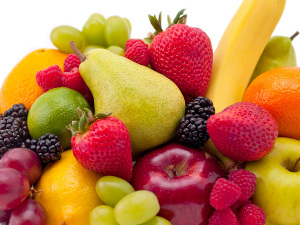FAO report shows gender equality vital for farming growth
Giving women the same access as men to agricultural resources could increase their farm production by between 20% and 30%, with the potential to alleviate hunger for 100 million more people, according to the Food and Agriculture Organization of the United Nations' (FAO) 'The State of Agriculture Report 2011'.
The report said giving women greater access to agricultural inputs could raise total agricultural production in developing countries by between 2.5% and 4%, which could reduce the amount of hungry people in the world by between 100 million and 150 million.

Women in developing countries typically have lower access to credit, farm labor, fertilizers, mechanical equipment and other agricultural resources
FAO Director-General Jacques Diouf said the report made a 'powerful business case for promoting gender equality in agriculture', especially in developing countries were women make up 43% of the agricultural labour force on average.
"Gender equality is not just a lofty ideal, it is also crucial for agricultural development and food security. We must promote gender equality and empower women in agriculture to win, sustainably, the fight against hunger and extreme poverty," he said.
"We must eliminate all forms of discrimination against women, ensure that access to resources is more equal and that agricultural policies and programmes are gender-aware, and make women's voices heard in decision-making at all levels. Women must be seen as equal partners in sustainable development."
The report's editor Terri Raney said women in all regions covered by the report had less access to inputs than men, including land, livestock, farm labor, education, extension services, credit, fertilizers and mechanical equipment.
"Women farmers typically achieve lower yields than men, not because they are less skilled, but because they operate smaller farms and use fewer inputs like fertilizers, improved seeds and tools," she said.
"Evidence from many countries shows that policies can promote gender equality and empower women in agriculture and rural employment. The first priority is to eliminate discrimination under the law.
"In many countries women do not have the same rights as men to buy, sell or inherit land, to open a savings account or borrow money, to sign a contract or sell their produce. Where legal rights exist on paper, they often are not honored in practice.
"One of the best investments we can make is in building the human capital of women and girls - basic education, market information and agricultural extension services are essential building blocks for agricultural productivity and economic growth."
Photo: www.fao.org
Source: www.freshfruitportal.com















































